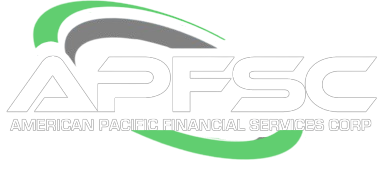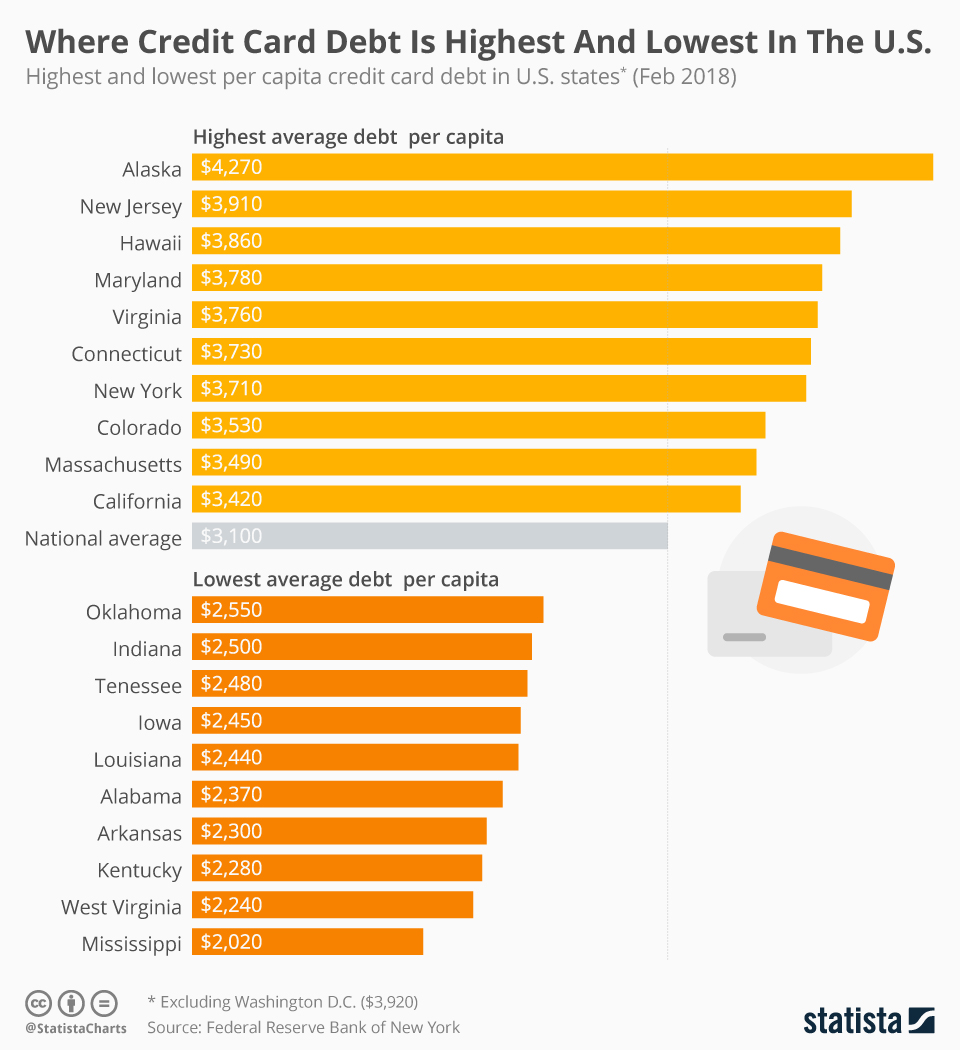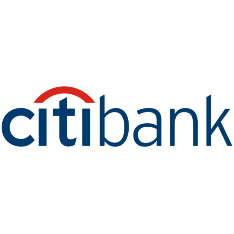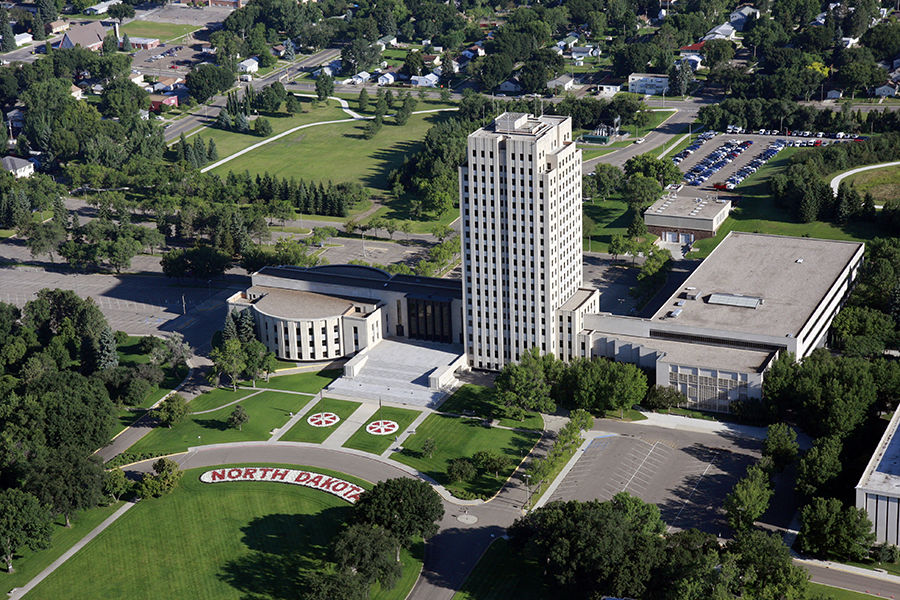Debt Relief Programs
If you’re dealing with debt in Hawaii, you’re not alone. Many individuals and families are struggling with high credit card balances, student loans, and everyday living expenses. At APFSC, we offer non-profit debt relief and credit counseling services to help residents create a path toward long-term financial stability.
The Growing Debt Problem in Hawaii
Hawaii’s Financial Landscape
Despite its beauty, Hawaii remains one of the most expensive places to live in the U.S. As a result, many residents carry debt that grows harder to manage over time. The average credit card debt in Hawaii is over $8,700, a reflection of the high cost of basic necessities.
Student loan borrowers in the state face similar burdens. According to the Education Data Initiative, the average student loan debt in Hawaii is approximately $24,926, with around 45% of college graduates leaving school with outstanding loans. These debts, paired with rent, utilities, and everyday expenses, make it difficult for many households to stay ahead financially.
In addition to credit cards and loans, some families are affected by unpaid medical bills, job loss, or reduced hours. These factors contribute to mounting financial pressure—making the need for trusted debt relief solutions more urgent than ever.
How APFSC Helps You Rebuild
At APFSC, we don’t offer cookie-cutter solutions. We provide personalized, judgment-free support through a variety of services focused on financial recovery and empowerment.
When you connect with us, you’ll work with a certified counselor to analyze your income, expenses, and overall debt. From there, we create a custom Debt Management Plan (DMP) that simplifies your payments and helps you become debt-free faster.
Top Reasons Hawaii Residents Struggle with Debt
- Rising cost of living and limited wage growth
- High levels of student loan and credit card debt
- Lack of access to affordable housing
- Emergency expenses and medical bills
- Job instability or reduction in income
What Is a Debt Management Plan?
Our Debt Management Plan is a structured repayment solution designed to combine your unsecured debts into one manageable monthly payment. This program doesn’t involve taking out new loans—instead, it works with what you owe now and makes it easier to repay without falling further behind.
Here’s how it works:
- We negotiate with your creditors to lower interest rates
- You make a single, consolidated payment each month
- Late fees and penalties are often waived
- Collection calls and legal threats typically stop
- Your credit can improve over time as payments are made on schedule
Most plans last between three and five years, and the best part is, it’s fully customized to your financial situation. Many people see meaningful progress within the first few months of enrollment.
Talk to a HUD-certified housing counselor to get help with the housing challenges you’re facing.
Consumer Protection Laws in Hawaii
Hawaii residents benefit from state and federal laws that protect consumers from unfair and abusive debt collection tactics. For example, Hawaii enforces a statute of limitations that limits how long creditors can pursue legal action on certain debts. Wage garnishment rules also exist to cap the amount creditors can collect from your paycheck.
In addition, the Fair Debt Collection Practices Act (FDCPA) ensures that collectors must treat you with respect and cannot use harassment, deception, or threats to collect payment.
At APFSC, we walk you through these protections and help ensure your rights are never violated during your journey toward financial freedom.
Quick Financial Stats in Hawaii
Hawaii residents have several protections under both state and federal laws. Debt collectors must follow fair collection practices, and wage garnishment laws limit how much of your paycheck can be taken to repay certain debts. Understanding these protections can prevent unnecessary stress and help you advocate for yourself during tough financial times.
When you work with APFSC, we ensure you are aware of your rights every step of the way. If you’re receiving constant calls from collectors or worried about legal action, our counselors can help you take the right steps toward resolution.
Quick Stats About Debt in Hawaii
- Average credit card debt: $8,798
- Student loan debt average: $24,926
- Graduates with student debt: 45%
- Average credit score: 714
- Cost of living index: 193 (national average = 100)
See more insights on Hawaii’s credit card debt or get full student loan stats via the Education Data Initiative.
Why Hawaiians Trust APFSC
Our mission is simple: help people get out of debt and stay out. As a non-profit, we don’t sell financial products or earn commissions from creditors. Everything we do is rooted in helping you make real, lasting progress.
Whether you’re overwhelmed by credit cards or simply need a budget that works, our counselors will provide:
- Clear and practical guidance
- A realistic action plan you can follow
- Access to proven tools and education
- Support throughout your debt-free journey
Get Help from APFSC Today
If you’re feeling overwhelmed by debt, you’re not alone. APFSC has helped countless Hawaii residents take control of their finances. Contact us today for a free consultation and start your journey toward financial freedom.
Contact Us to learn more or speak with a certified credit counselor!
FAQ
Will this hurt my credit score?
Your score may dip slightly at the beginning, but clients who make consistent payments often see their score improve over time.
Can I still use my credit cards?
Cards enrolled in a DMP are usually closed to prevent further debt, but you’ll still have access to emergency payment methods.
How do I get started?
Just reach out to us for a free consultation. There’s no pressure, no obligation—just support.
Is my information kept confidential?
Yes. All consultations and services are private and secure.
















































